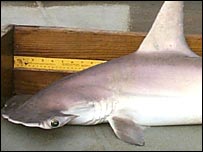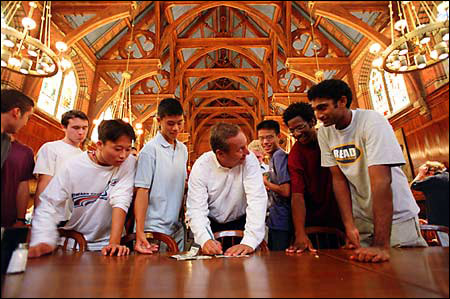The Dead Are Dying
Posted on June 14th, 2006 in Uncategorized | 3 Comments »
Let me take a moment to take note of two sad passings: Lawrence “Ramrod” Shurtliff and Vince Welnick.
Ramrod, as he was universally known, was the road manager for the Grateful Dead, and Welnick was one of the band’s last two keyboard players, along with Bruce Hornsby.
I didn’t know much about Ramrod until reading this terrific reflection on him in (where else) the San Francisco Chronicle.
A friend of Neal Cassady and Ken Kesey, Ramrod was in charge of the equipment for virtually every Dead show from 1967 on, which is quite a few Dead shows.
According to the Chronicle, drummer Mickey Hart remembered one New Year’s Eve when he thought he might be too high to play. Ramrod solved the problem by strapping Hart to his drum stool with gaffer’s tape. Hart recalled another show in San Jose with Big Brother and the Holding Company, where the starter’s cannon the band used to punctuate the drum solo of “St. Stephen’s” went off early.
“I looked back,” Hart said. “His face was on fire. He’d lost his eyebrows. You could smell his flesh. And he was hurrying to reload the cannon in time. That was the end of the cannons.“
Sometimes, in this horrific era of George Bush and Tom DeLay and Donald Trump and Donald Rumsfeld, it is hard to believe that the ’60s ever happened, isn’t it? “Strapping Hart to his drum stool with gaffer’s tape….”
I first heard Vince Welnick through his early band, The Tubes, perhaps best known for their self-deprecatory anthem, “White Punks on Dope.” (Later, in the early ’80s, they had a pop hit with the song “She’s a Beauty.”)
Some years later, in 1990, Welnick joined the Dead as a replacement for Brent Mydland, the oft-debated keyboard player who died of a drug overdose. Since Mydland was the third keyboard player in the band to die, Welnick could perhaps have been understandably nervous.
As things turned out, Welnick was really good, and we fans quickly came to think of him as an essential band member. He knew an awful lot about musical history, and convinced the band to play songs that they hadn’t done in years, like “Here Comes Sunshine.” (Welnick was also on board in 1995, when they played “Unbroken Chain” for the first time in 22 years.)
Unfortunately, Welnick was a smoker, and contracted a lung disease (he didn’t talk publicly of it) in 1995. He died on June 2, 2006, apparently of a suicide. The details have not been released.
I vividly remember that day in August 1995 when Jerry Garcia died; it was devastating, the loss of one of the great American musicians of the 20th century. The deaths of Ramrod and Vince Welnick deepen that loss.
At least we will always have the music to remember them by.

